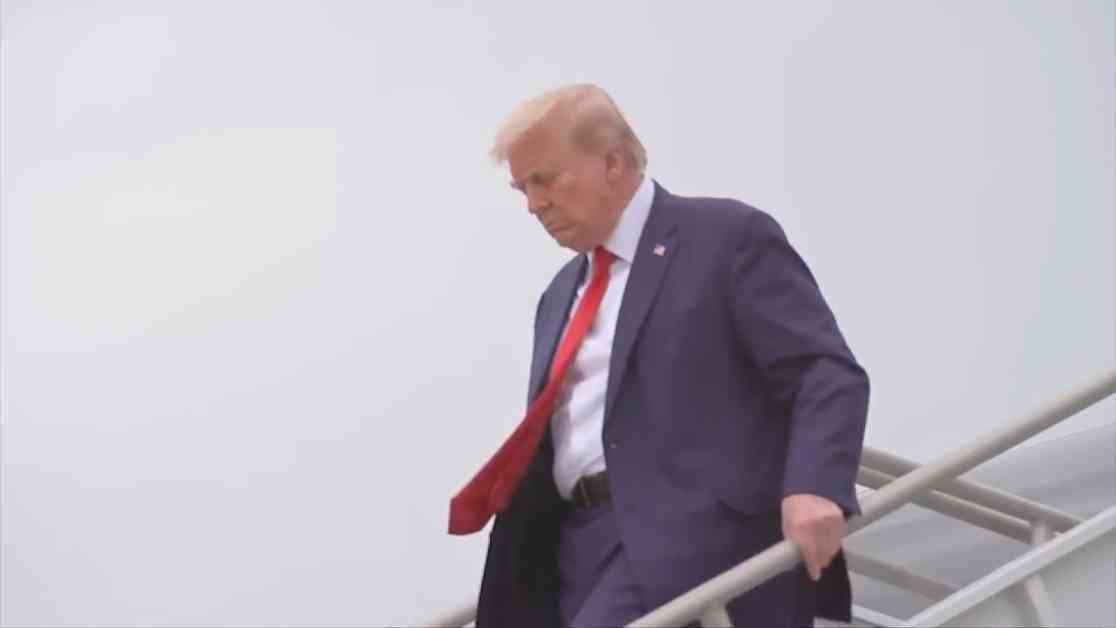Pat Verhaeghe, an 18-year-old first-time voter, used to think Donald Trump was an idiot and would not make a good president. However, after watching more of Trump’s campaign speeches online and seeing his appearances at sporting events, his opinion changed. Verhaeghe, along with many young men across America, swung sharply towards Trump in the 2024 election.
According to AP VoteCast, more than half of men under 30 supported Trump, a significant shift from four years earlier when Democrat Joe Biden had won a similar share of this group. White men under 30 overwhelmingly voted for Trump, while young Latino men were split between the two candidates. Most Black men under 30 supported Democrat Kamala Harris, but a third were behind Trump.
Young Latino men’s views of the Democratic Party became more negative in 2024, while young Black men’s views remained relatively unchanged. This shift towards Trump among young men can be attributed to their desire to feel valued and supported, as well as Trump’s engagement on nontraditional platforms like podcasts and digital media outlets.
In addition to his appearances at sporting events and on digital media platforms, Trump’s campaign also focused on reaching out to young voters through pop culture. Trump’s campaign embraced pop culture by appearing at UFC fights, football games, and alongside comedians and music stars. His ability to grab attention and make his remarks go viral was seen as more effective than traditional media appearances.
The rise in support for Trump among young men also led to an increase in the number of young men identifying as Republicans in 2024. This shift towards the right among young voters has raised concerns among liberal groups like Dream For America, who work to engage and mobilize young voters.
Moving forward, it will be crucial for Republicans to deliver on improving Americans’ lives to maintain the support of young men in a post-Trump era. Conservative groups like Bienvenido are planning to solidify and accelerate the voting pattern shifts seen in 2024 to ensure continued support from young voters.
The 2024 election highlighted the changing landscape of youth culture and political campaigns, with a greater emphasis on engaging young voters through nontraditional platforms and pop culture. As the battleground for young voters increasingly shifts to online platforms, both parties will need to adapt their strategies to effectively reach and mobilize this crucial demographic.
